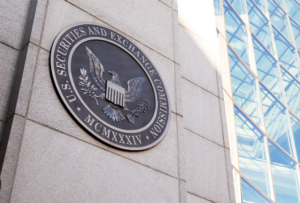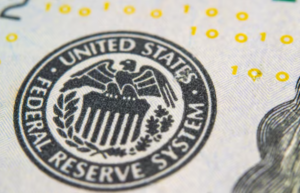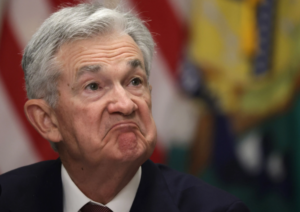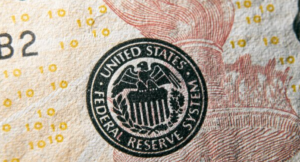#Democrats #KamalaHarris #PriceControl #Inflation #EconomicPolicy #Congress #FoodInflation #PriceGouging
Democrats are swiftly moving to mitigate the fallout from Vice President Kamala Harris’ controversial price control proposal, which has been met with significant criticism from various quarters. Harris’ initiative, framed as a way to combat inflation by implementing federal price controls on food and groceries, has triggered a broad spectrum of reactions. While it was intended to be a bold move aligning with her first significant economic policy speech, it has been derided by critics—including some from within her own party—as unrealistic and reminiscent of “communist price controls.” High-profile detractors, such as CNBC’s Joe Kernen and notable publications like the Washington Post, have dismissed the scheme as populist gimmickry, casting a shadow over its reception and feasibility.
The backlash has not only come from the media and political opponents but also from within the Democratic Party. Many lawmakers and aides have expressed doubts about the viability of the proposal, describing it in private as more of a rhetorical tactic aimed at shifting the inflation blame away from the Biden-Harris administration rather than a practical policy proposition. This internal skepticism highlights a broader unease about the approach to addressing inflation and its potential impact on the economy. Some Democrats have admitted to being unclear about the plan’s specifics, signaling a lack of consensus on the strategy ahead.
Central to the contentious debate is the plan’s call for a federal ban on price gouging in food and grocery stores, an idea that echoes legislation reintroduced by Senator Elizabeth Warren earlier this year. Despite the contention, the proposal has defenders, including Senator Tammy Duckworth and Progressive Caucus Chair Rep. Pramila Jayapal, who advocate for its potential to curb inflation and protect consumers. Yet, the concept of extending existing state-level price gouging regulations—which typically apply only in emergencies—into a nationwide policy has raised concerns among food industry officials and some economists about the unintended consequences of such broad regulatory measures.
As the controversy unfolds, Harris’ advisers have attempted to recalibrate the narrative, emphasizing that the proposal targets only a minority of “bad actors” and is not intended to overhaul market dynamics completely. However, the lack of clear examples of price gouging and the critique that the plan could be an attempt to deflect criticism of the administration’s handling of inflation have compounded the challenges facing its proponents. The National Grocers Association has criticized the approach as misguided, advocating instead for the enforcement of existing antitrust laws. This episode underscores the complexities of addressing inflation and economic policy in a polarized political environment, where the balance between interventionist strategies and market-driven solutions remains a contentious topic.







Comments are closed.